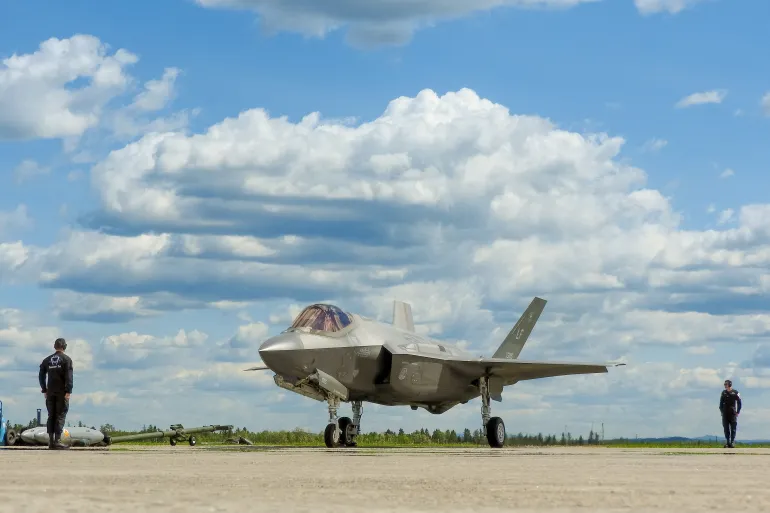In a world increasingly characterized by geopolitical tensions, a recent report sheds light on the significant role that fear of China, Russia, and Iran plays in driving global weapons sales. This revelation not only underscores the complexities of international relations but also highlights the intricate dynamics of defense economics. Let’s delve deeper into how apprehensions regarding these nations are influencing arms transactions worldwide, the implications for global security, and the broader context of this arms race. Fears of China
Unpacking the Report’s Findings
Initially, the report reveals a stark increase in global weapons sales, attributing this surge to growing concerns over the military ambitions of China, Russia, and Iran. These nations, often perceived as challenging the existing international order, have prompted other countries to bolster their defense capabilities. Moreover, the pursuit of advanced weaponry signifies a shift towards prioritizing national security and strategic deterrence in an unpredictable global landscape.
The Ripple Effects on Global Security
Furthermore, the escalation in arms sales driven by fears of China, Russia, and Iran has profound implications for global security. On one hand, the accumulation of sophisticated arms by various countries could potentially act as a deterrent against aggression, contributing to a precarious balance of power. On the other hand, it raises concerns about an arms race that could exacerbate tensions and lead to unintended consequences, underscoring the delicate equilibrium of international peace and security.
The Economic Dimensions of Defense
Moreover, the increase in weapons sales also highlights the economic dimensions of defense. The defense industry, a significant sector in many economies, benefits from the heightened demand for military hardware. Additionally, this trend reflects the strategic calculations of nations investing in defense not only as a security measure but also as an economic policy, further intertwining the threads of global economics and security strategies.
Navigating the Geopolitical Landscape
Additionally, the fears driving weapons sales underscore the need for nuanced diplomacy and strategic foresight in navigating the geopolitical landscape. The complex interplay of alliances, rivalries, and strategic interests that define international relations today requires a careful approach to ensure that efforts to enhance national security do not inadvertently heighten global tensions. Moreover, this situation highlights the importance of international arms control agreements and diplomatic efforts to mitigate the risks associated with an arms race.
The Path Forward
Importantly, as nations grapple with the challenges posed by the geopolitical fears highlighted in the report, the path forward involves a multifaceted strategy. Promoting dialogue, enhancing transparency, and pursuing diplomatic solutions are crucial in addressing the underlying issues driving the increase in weapons sales. Furthermore, the international community must work collectively to establish norms and agreements that promote stability and prevent the escalation of tensions into conflict. Fears of China
Inspired by Al-Jazeera News and Rear More Articles Here, Read Previous Blog Also.
